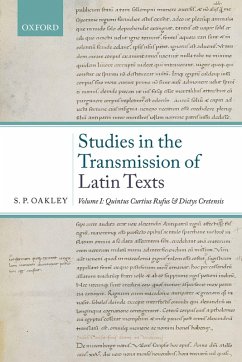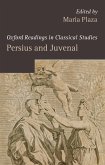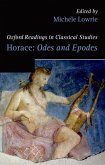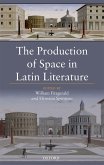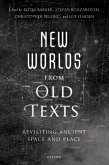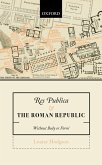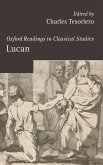This volume offers a comprehensive study of all the known manuscripts and incunables of two works: the history of Alexander the Great written by Quintus Curtius Rufus, probably in the first century AD, and the translation into Latin by Lucius Septimius of the spoof history of the Trojan War, allegedly written at the time of that war by a certain Dictys Cretensis. Drawing on in excess of 200 witnesses, the analysis reveals how the text of Curtius in all our extant manuscripts descends from one damaged copy that survived from the Roman Empire into the Middle Ages, and how the text of Dictys survived in two such copies. It demonstrates that clear and decisive results can be achieved by application of the so-called stemmatic method, and how the application of those results will lead to several improvements to our standard text of Dictys. As well as determining which manuscripts future editors should use in editing these texts and examining them in detail, it also offers equally full discussion of those which will not be needed, establishing many localizations and derivations. The result is a large body of material that will help deepen our knowledge of the transmission of classical Latin texts, especially in the Renaissance, as well as our knowledge of scribal practice and of techniques that can be deployed in the genealogical study of manuscripts and incunables.
Dieser Download kann aus rechtlichen Gründen nur mit Rechnungsadresse in A, B, BG, CY, CZ, D, DK, EW, E, FIN, F, GR, HR, H, IRL, I, LT, L, LR, M, NL, PL, P, R, S, SLO, SK ausgeliefert werden.

